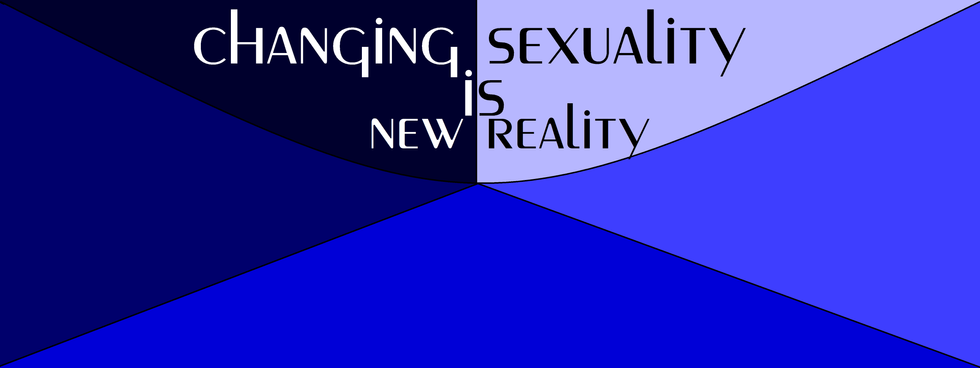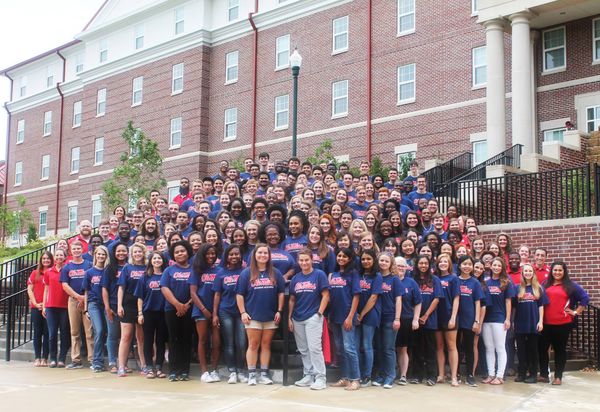In the past few years, radical changes have been made to sexuality and gender. However, thanks to the cynical manner of society, people have been joking about something that has been very personal to people. Accepting someone different than what a person is used to can be difficult, but at the same time, shouldn’t be as difficult as it really is.
The essay, Teaching Students to Face Their Anti-Gay Prejudices, describes an assignment that should be given to any if not all students in schools. It teaches people to defy what they are shown but rather to really immerse themselves in a subject. In media, characters have more often than been portrayed in the manner that students believe. From hit shows like Married… with Children and In Living Color to small one season wonders like Lush Life and High Society have provided he stereotypes of gay men that many people are “afraid” of.
Despite great efforts to sway public opinion on people within the LGBTQ community, there has been a great deal of movement within the television community to change the dynamic of LGBTQ characters. Characters such Carter Heywood from the ABC sitcom, Spin City, were ground breaking in that they didn’t follow the stereotype of all gay men in media being portrayed as effeminate men who are actors in some form of theatre.
He was a politician and wasn’t as concerned with the usual mélange of issues that the effeminate character is concerned with. Characters that are the effeminate gay men usually are usually portrayed as being airheads and not concerned with a great deal of social issues.
More often than not the series Will & Grace created a revolutionary dynamic between the characters of Will and Jack. Jack McFarland, portrayed by Sean Hayes, was the stereotypical actor who cannot get work, is an effeminate gay man who is busy searching for the next Mister Right Now, and isn’t really concerned with certain things going on in the world. Will Truman, portrayed by Eric McCormack was an interesting role because he was a media deviant.
Instead of being everything Jack McFarland was he was someone that found a career path and became a lawyer. He cares about social issues, he wants to look for Mister Right and isn’t concerned with some quick fling. Yet, based on the reading, Will Truman isn’t the character or type of person that people think of when their social imagination conjures the image of gay people.
Other members of the LGBTQ community haven’t remotely seen the justification that sitcoms should rightly give them. Egregious jokes are made out of characters that question their sexuality as seen through the character of Josh Blair on the sitcom Veronica’s Closet, and Ellen Morgan from the sitcom Ellen. These two characters left their sexuality in the balance over a generous portion of the shows they were on. Despite the foreshadowing of them coming out, the jokes about their sexuality managed to inhibit the development of a sexuality spectrum.
As people were more concerned with the stereotype, they no just became comfortable as media and other environments perpetuated the idea that gay men, women and growing adults are like this in reality. Reality has been distorted by these portrayals as demonstrated in the essay. When people can look back from the perception of people within the LGBTQ community they can focus on the person and not the perception they have been fed.
Another essay, “The New Straight: As gay aesthetics filter into the mainstream, orientation is becoming harder to define” does not accurately define what is considered normal in terms of the LGBTQ community. Even though media portrayals fell more to wards to butch lesbian or the effeminate gay man, but that doesn’t mean these are the correct for of normal. Normal, in terms of this essay, is a term that manages to muddy the waters of media representation of LGBTQ people. There is no real form of “normalcy” to take precedent in this essay because that isn’t right.
Despite the fact that the stereotype has consumed media adaptations, it the reality for certain people though not for all. The atypical portrayal of gay men and women in media is also a reality for certain people, and then there are the rest who fall into a gray area. Normal is a term that cannot be used in defining the LGBTQ because this article was written before the idea of normal could even remotely come to being relative to this group. As it continues to evolve from the idea of a gender and sexual binary, the points slowly being discovered along the way are what must be amended to the article and should be brought up. Shows like 2 Broke Girls, which introduced a gender fluid character, poorly, but still managed to introduce the concept that sexuality has evolved since the early 2000s.
At that point in time, television audiences were not prepared for the new LGBTQ portrayal they found on Will & Grace. Shows until that point didn’t venture into the unchartered territory of sexuality and gender. Now, in 2018, Will & Grace came back and has the opportunity to be a leader in the discussion of evolving sexuality. Other shows and networks will follow, but no show has remotely come close to making a move on sexuality. That is the problem.
The necessary chaos surrounding the issue of sexuality and gender has managed to create a conversation that news media can touch but only with facts. Creators and producers can in fact transcend the notion with opinion and craft characters that relay the reality of who people are. Television has not caught up with the times in terms of sexuality and gender but it’s only a matter of time. Someone has to be willing to show the new normal in terms of sexuality and gender.
















